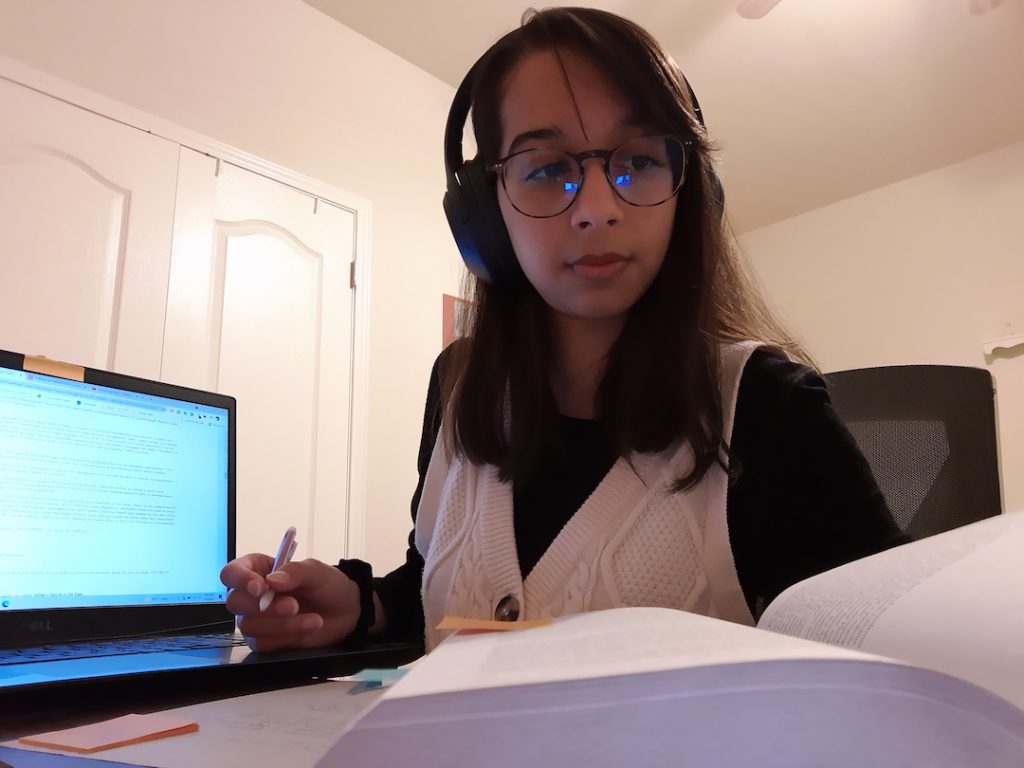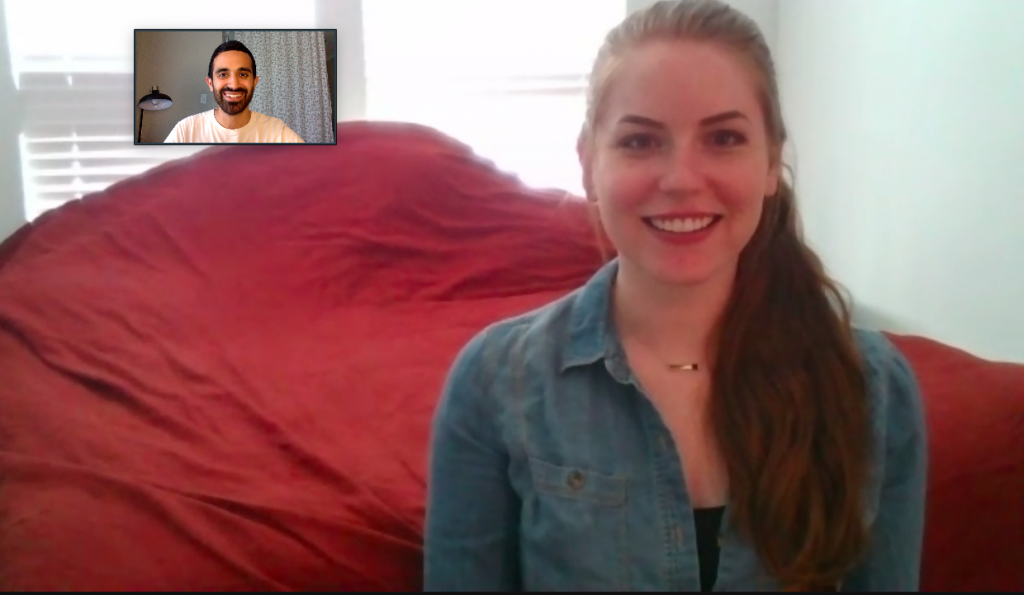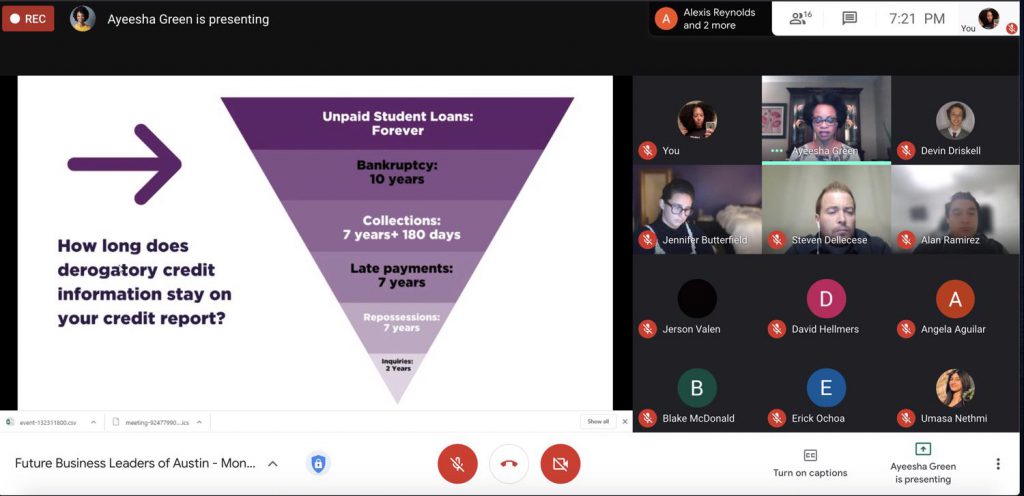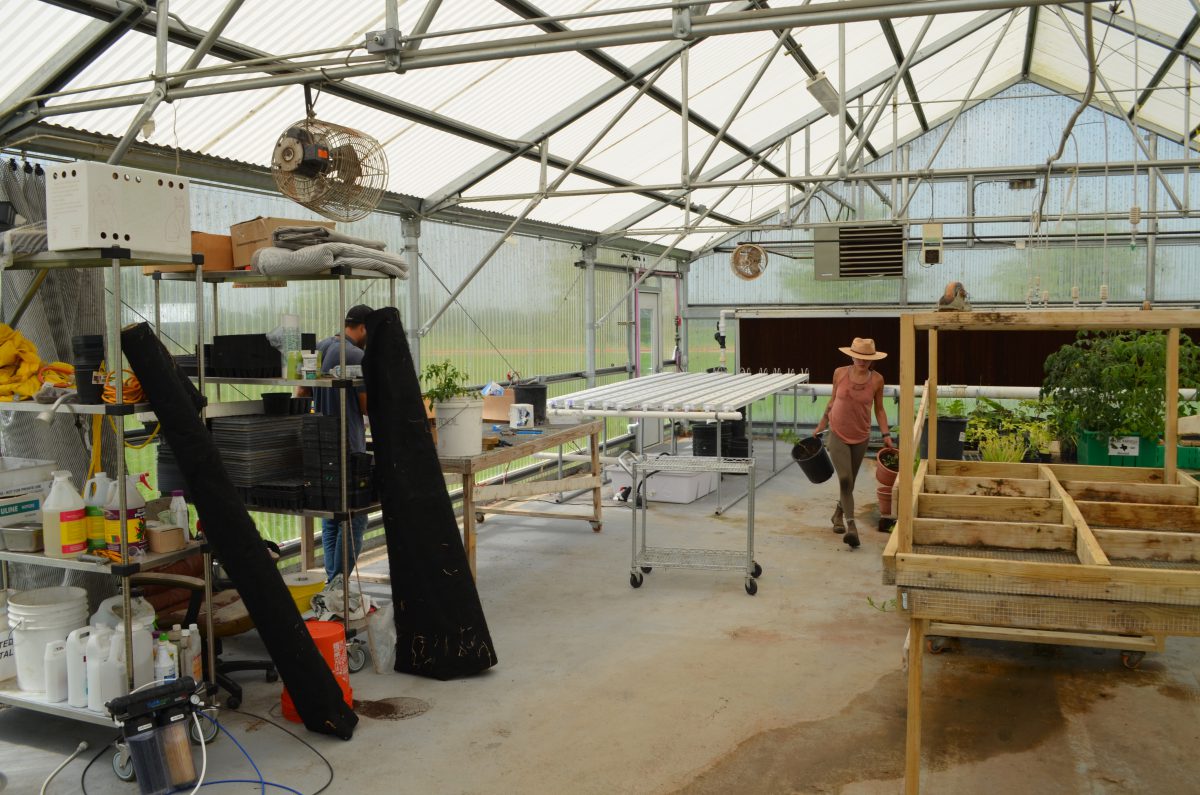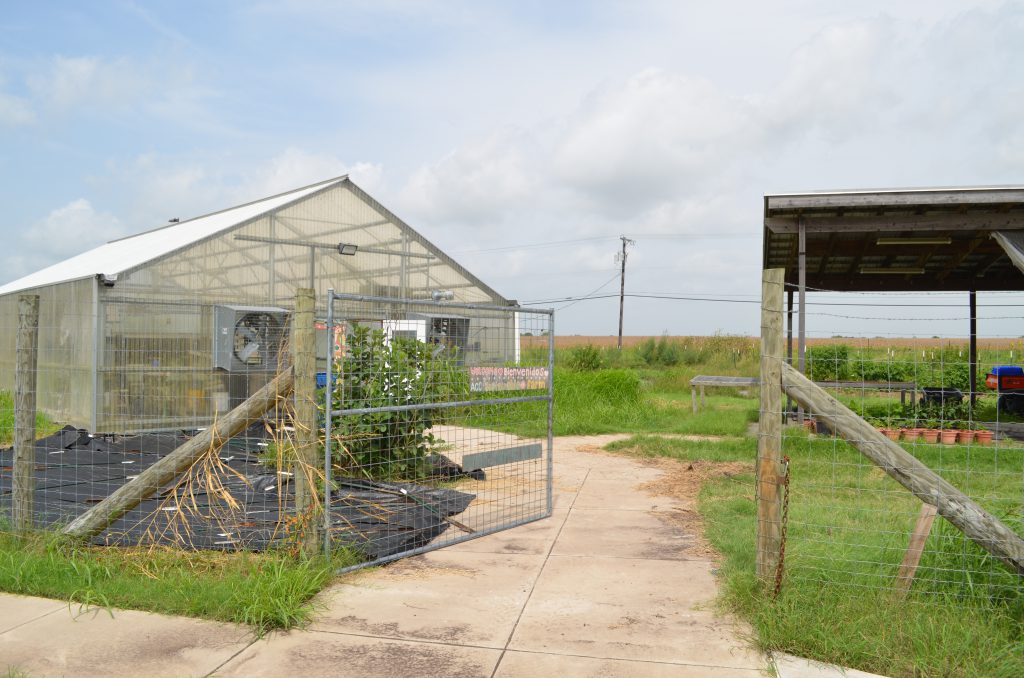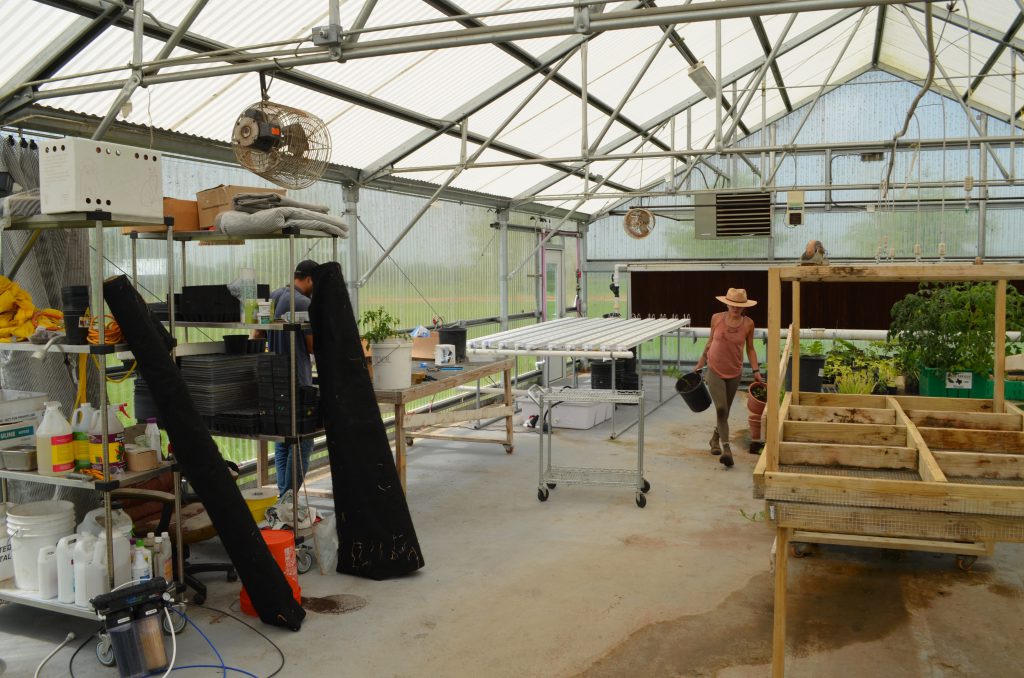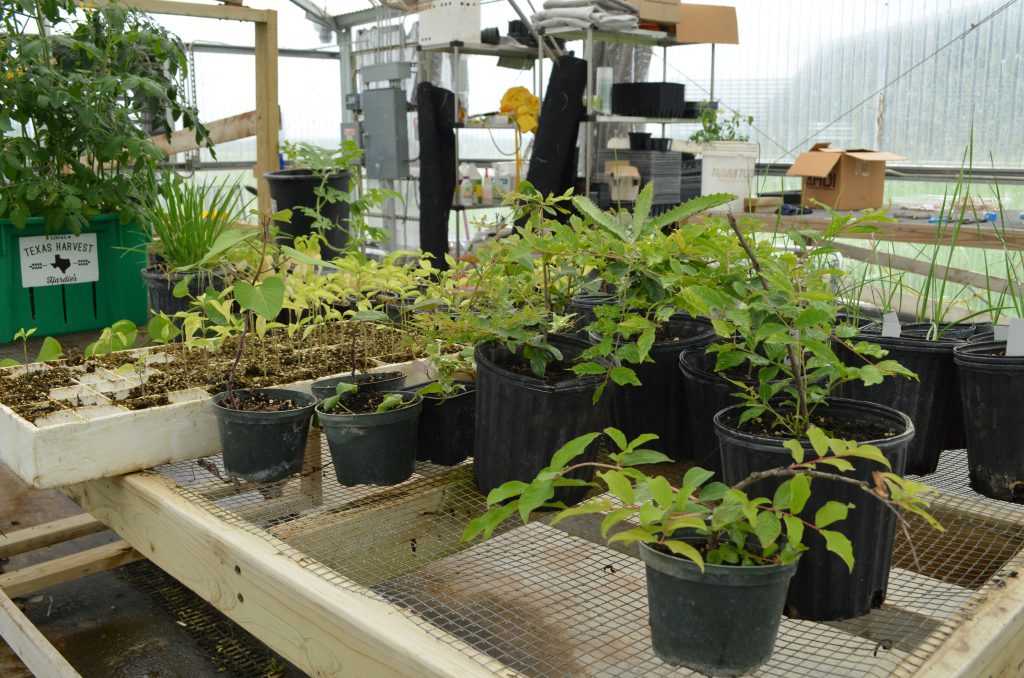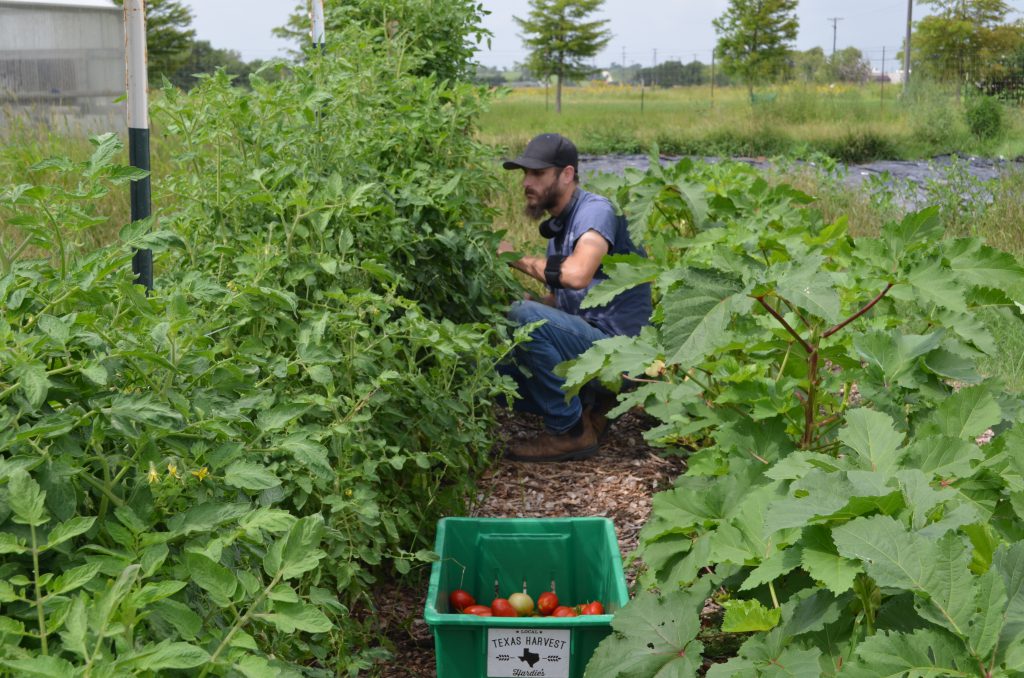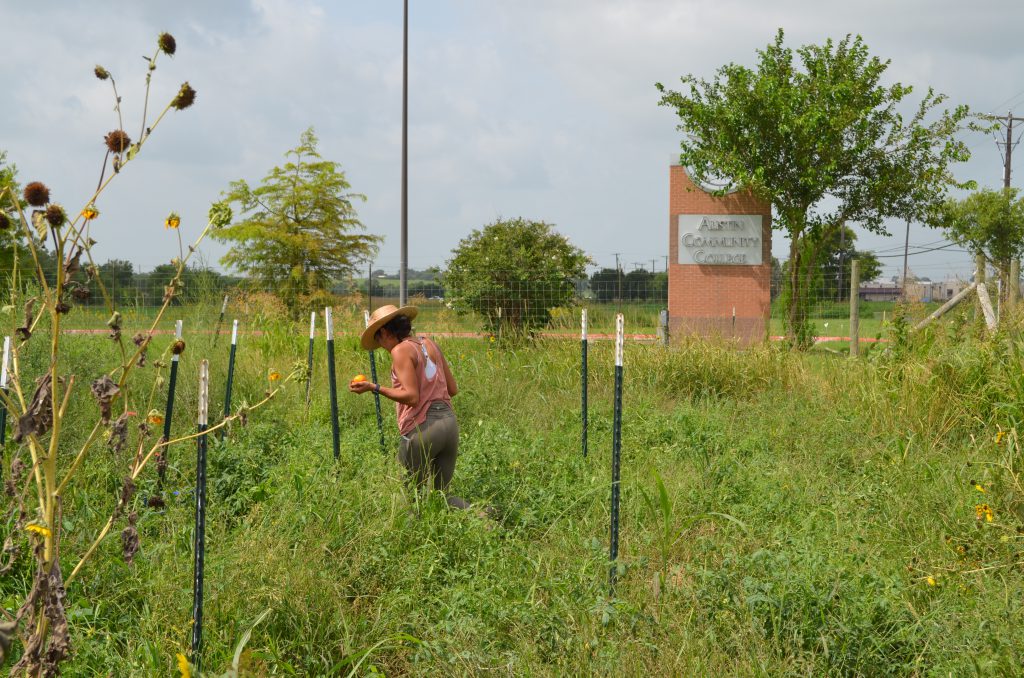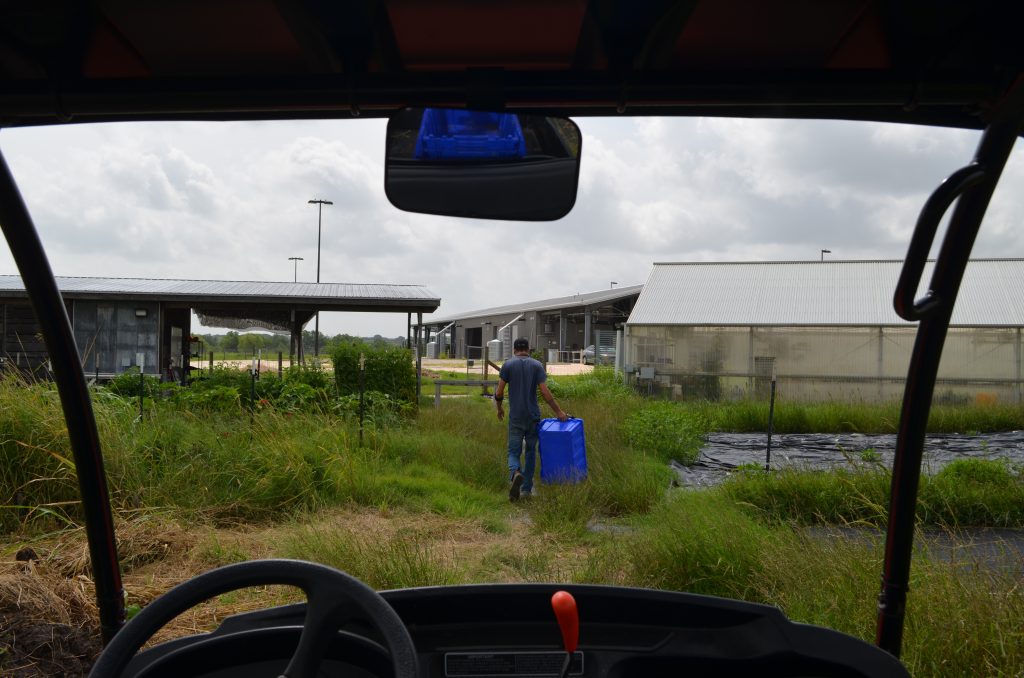Austinites carry groceries from a local store on February 15, 2021. Winter storm Uri brought historic cold weather to Texas, causing traffic delays and power outages. (Montinique Monroe/Getty Images)
Forecasters across the nation agree that winter storm Landon will blanket much of the state of Texas in freezing temperatures, sleet and possibly snow beginning Wednesday night. Here is your prep guide to keep you and your family safe.
Story by Pete Ramirez
Due to the incoming freezing conditions, Austin Community College has announced that all campuses will be closed Thursday and Friday and has canceled all in-person and online classes for those days as well.
Nearly a year ago Texas struggled to endure winter storm Uri, which caused the state’s electric grid to fail, left millions without power and led to the death of hundreds of Texans.
Although the Texas legislature passed a law requiring power companies to weatherize their plants, Governor Abbott admitted that the possibility of blackouts still exist.
Forecasts for the next five days predict life-threatening, below-freezing temperatures across most of the state.
Now is the time to prepare.
We’ve compiled a guide to get you and your loved ones ready to deal with potentially dangerous, cold weather without the aid of electricity.
Stay Connected to Reliable Information
If your electronics still have power, use social media to receive the latest updates on the weather, warming center locations and free food opportunities in your area.
Use social media to search for mutual aids in your area who can provide additional support and resources.
The Texas Division of Emergency Management’s website will also have a list of warming centers.
Conserve Your Power
If your power remains on, reduce your home’s strain on the electric grid by keeping your thermostat below 68 degrees, unplugging devices that are not in use and avoiding the use of large appliances such as washing machines.
Try to Keep the Cold Air Out
If you have a garage, avoid opening it.
Find drafty edges of windows and doors and plug them with towels. Close all blinds and curtains. If possible, designate a “warm room” to reside in to concentrate body heat.
Protect Your Pipes from Freezing
Open cabinets beneath sinks to allow warmer air to circulate through.
Allow faucets to drip.
Disconnect and store garden hoses.
Locate your water shutoff valve and keep it accessible. If pipes burst, immediately use this valve to shut off the water to your home.
Avoid Carbon Monoxide Poisoning/Death
During the week of winter storm Uri, eleven Texans died due to carbon monoxide poisoning.
Do not “warm up the car” with the garage door closed.
Do not use a generator indoors.
Do not burn charcoal or wood indoors.
Symptoms of carbon monoxide poisoning are dizziness, headache, weakness, nausea, vomiting, chest pain and confusion.
If you suspect carbon monoxide poisoning, call 911 immediately.
Snow Can be Used as Drinking Water
Forecasts don’t indicate much snow for Central Texas but if you’re in a northern part of the state, this could be useful.
Find the cleanest appearing snow and gather what is needed.
Place a small amount of snow in a pot over a safe heat source.
Do not place a large amount of snow in the pot to begin. Snow is a good insulator and you will burn out the bottom of your pot.
Once the small amount of snow is melted into water, slowly place more snow.
The Centers for Disease Control and Prevention recommends bringing the water to a rolling boil for at least a minute to “kill most germs.”
Items to Consider Purchasing/Locating, If Possible
- A three-day supply of water, non-perishable food, fomula and baby purees.
- A cooler full of ice to keep refrigerated items cold.
- Pet food.
- A generator and extension cords.
- Flashlights and batteries.
- A first-aid kit and necessary medications.
- Blankets.
- Matches.
- Gas for your vehicle.
If you feel like this guide is helpful, please share it with your family and friends.
Stay safe!




